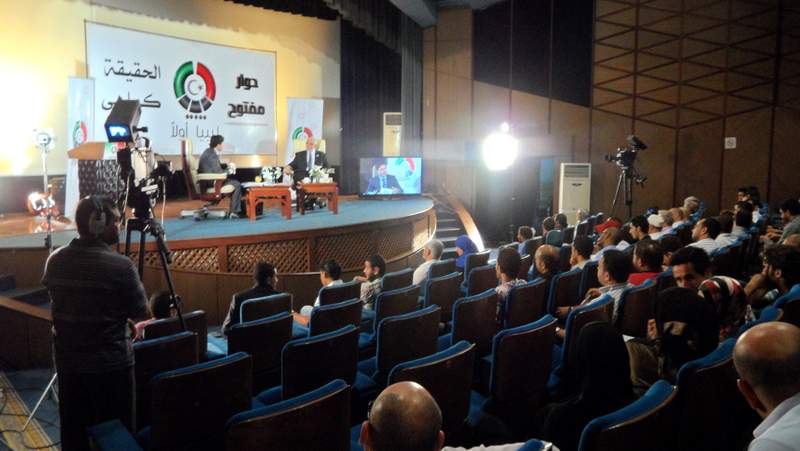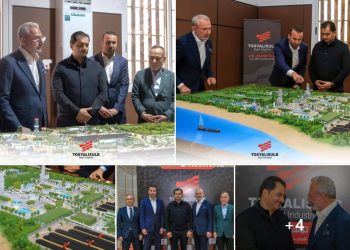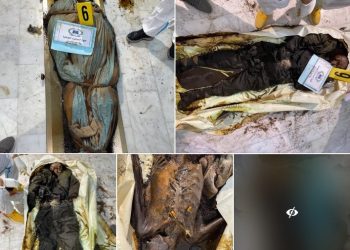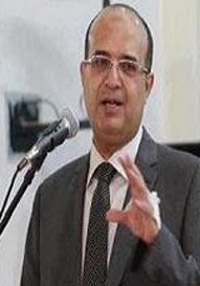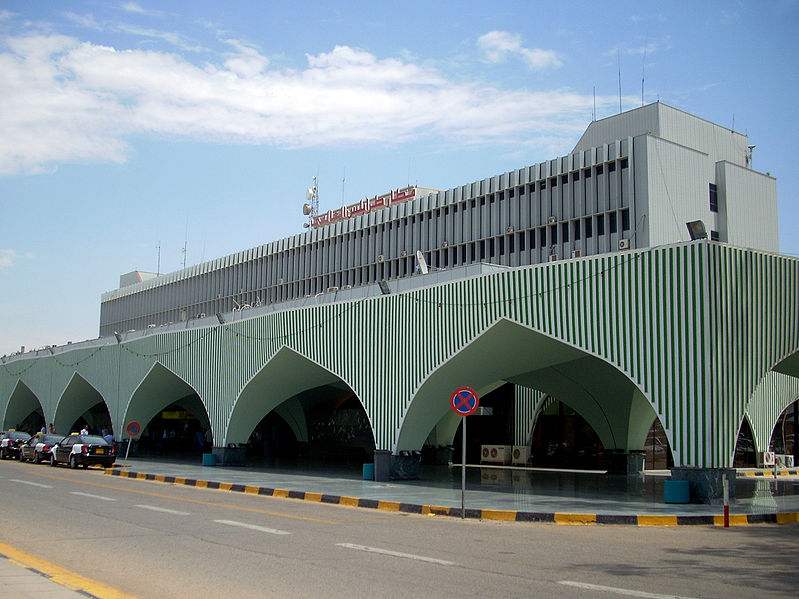By Valerie Stocker.
Some 200 young Libyans turned . . .[restrict]up to the Mahari Radisson theatre hall in Tripoli on Thursday night to question Deputy Prime Minister Mustafa Abushagur who hopes to be elected prime minister on 12 September. There are seven other candidates, but he is seen as one of the front-runner for the post, along with former prime minister Mahmoud Jibril and Electricity Minister Awad Barasi.
Most of the audience were from the media or civil society organisations together with the occasional member of a revolutionary brigade, such as from Misrata) and one or two political analysts.
The broadcasting started behind schedule, around 10pm, and was still ongoing at 12pm.
The question-and-answer session focussed on the issues of security, the extradition that day of Abdullah Senussi from Mauritania, young people, women, peace and reconciliation, healthcare, a free media and the issue of corruption.
On the matter of security, Abushagur said it was his priority. His disarmament strategies included buying weapons from former fighters. He also wanted to see a continued strengthening of the official security forces and integration of thuwwar. He said that that authorities had already set up discussion groups with members of brigades and civil society groups to look into the issue and these would continue.
Security had improved considerably over the past six months, he said, and the country was on the right path, but it took time.
As to the demolitions of shrines and removal of graves, he said that no group whatsoever should act outside the law or government control.
On the issue of the extradition of Abdullah Senussi’s, whom he called “the second most important person at the top of the regime after Qaddafi”, he said that Libya had not paid Mauritania to get hold of him. There was, he said, important Libyan investment in Mauritania, such as in hotels, but the extradition issue was being dealt with separately. Senussi was a sort of “gift” to the Libyan people by the Mauritanians who expected nothing in return. As for other former regime members such as Musa Kusa the government would continue to try to bring all those with blood on their hands back to try them.
On government programmes for youth, he said that they were the backbone of Libyan society and had brought about the revolution but that a few of them were also responsible for the present chaos, a remark that sparked general amusement among the audience. He added that the educational system needd structural reform and strengthening.
On women’s role in politics, he said that it was important. They had to have equal rights and opportunities. However, nothing should be given for free, he said, referring to the suggestion of quotas for women. A role in politics was something that had to be worked for and earned.
Regarding peace and reconciliation, Abushagur said that lessons could be learnt from other countries such as South Africa. Reconciliation, he said, was an aspect of a wider approach in which justice was the overarching principle. Those guilty of crimes had to be tried in a fair and transparent manner. Other lesser players should be forgiven and reintegrated into society.
On the matter of the war injured and whether a new authority set up to deal with them, he pointed out that it would be inefficient. Different institutions had already had to be unified to better respond to their needs. Matters were now under the Ministry of Health which was best placed to deal with them.
As to the media in Libya, he wanted it to be completely free, not controlled by an information ministry or similar authority. He added, however, that the media also had the responsibility to provide accurate, “quality” information in a professional manner.
With regards to the continuing problem of corruption, he said that the government had to continue fighting against it. He emphasized the need for transparency.
Asked about his relations with the Muslim Brotherhood, Abushagur said he was willing to engage in dialogue with any political movement and party, and that included the Brotherhood.
While stating that he maintained “personal friendships” with the other candidates, he emphasised the experience he had gained in the past 10 months as deputy premier and saw this as one of the reasons why he would be a good prime minister. [/restrict]


